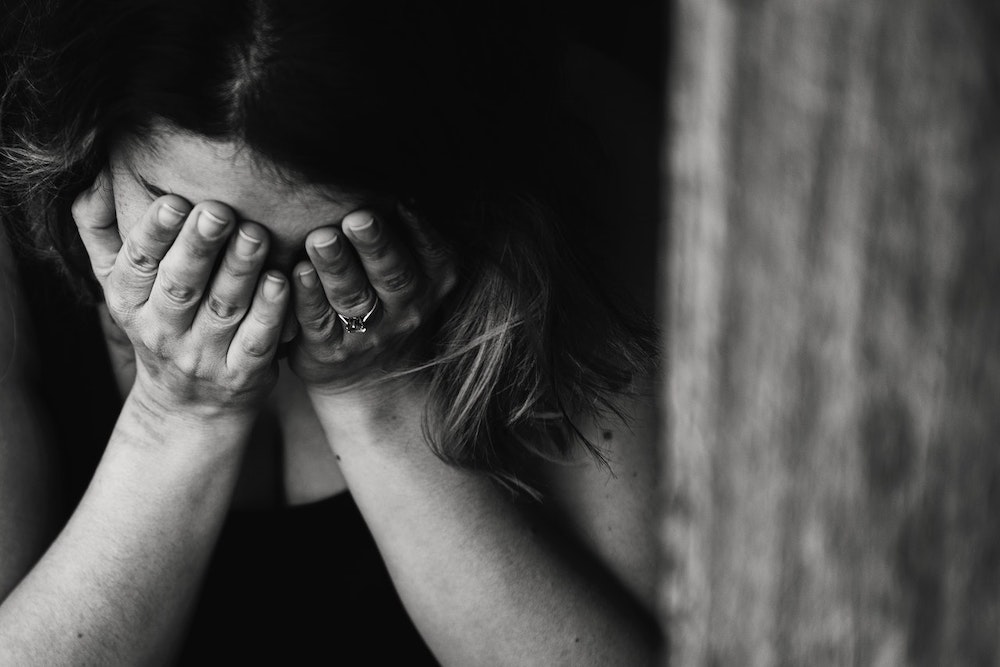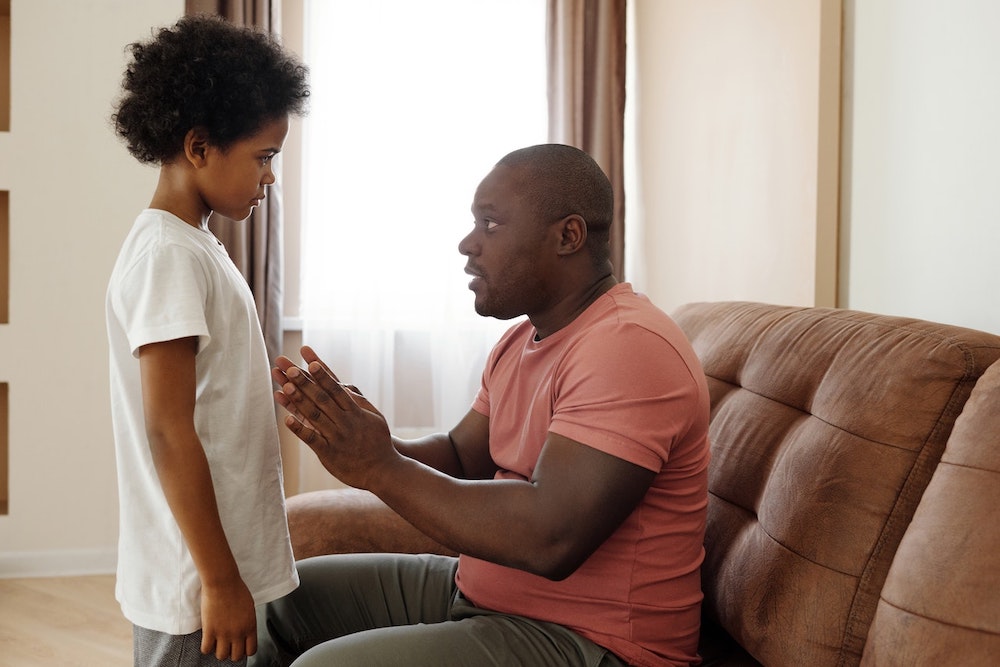As the UK Government slowly loosens lockdown restrictions over the next few weeks, the strain of the coronavirus can still be felt. With worry about the future bearing down on many of us, the stress of also ensuring our children are coping can add to feelings of anxiety.
As parents and carers, it is only natural to look out for others before ourselves. However, it is just as essential that we take care of ourselves to ensure we are healthy and offering the best support to others that we can.
In this blog, we explore why it is important for our children that we look after our own mental health and offer tips on how you can enhance your mental wellbeing.

What is Meant by the Term ‘Mental Health’?
When referring to mental health, we are referring to feeling an overall sense of balance. Good mental health includes the ability to process emotions and maintain a healthy relationship with others in our lives, including our children.
It enables us to adapt and cope with life’s changes, and without it, things can feel incredibly challenging at times.
Just like our physical health, it is also essential that we keep on top of the health of our mind.
Our mental health can affect our physical health, and vice versa, so balancing the two is essential for our overall health.
Not Feeling In Control
In circumstances where life feels beyond our control, or we don’t fully understand a situation, this can negatively impact our mental health. In these uncertain times, it is good to practise thinking which focuses on what we can control.

Processing Emotions
When we feel stressed, emotions can take over and, sometimes, instead of sorting the problem at hand, we act on the emotion instead.
For example, we might feel angry about something seemingly insignificant and something that we usually wouldn’t. This can cause us to express ourselves aggressively, such as through a raised voice and unnecessarily harsh tones. If this is happening more often than not, it can negatively impact the relationships we have with those around us.
The Importance of Recognising Your Own Mental Health
It is also important to realise that not feeling 100% yourself at times is normal depending on surrounding circumstances, and acknowledging this is the first step to getting yourself feeling better.
Furthermore, more serious mental health issues are nothing to be ashamed of, and they can happen to anyone regardless of background and life experience. In circumstances where you don’t feel yourself improving, you must contact your doctor for further support and advice on how to manage.
Modelling Behaviours
One of the primary reasons why looking after your mental health is integral for your children is because children tend to copy the behaviours of their caregivers.
Any habits or behaviours displayed around your children will most likely be picked up and used by them in similar situations.
Even though it is hard during times of stress, practising healthy habits to cope with intense emotions will benefit not only you but also your children in the long run.
Furthermore, it will plant a seed in your children that self-care is integral for a healthy lifestyle and will be something they will value in later life.
Communication
Discussing emotions and behaviours can seem inappropriate to some parents and carers. However, during times of drastic change, it is beneficial to explain what is happening and why.
Discussing any elephants in the room will also open the door for your children to discuss their own insecurities, as well as reassuring them that it is okay sometimes to feel overwhelmed in life.
Offering Reassurance
Children can sense changes in mood, and instead of hiding your feelings, it is recommended to discuss them openly and emphasise that it is not connected to them, nor is it their fault.
It is not uncommon for children to blame themselves when parents show an emotional shift, and it is essential to clarify that whatever is happening is separate and doesn’t affect your relationship.

Healthy Lifestyle Recommendations
How we behave and cope with situations has a domino effect for those around us, especially children. Ensuring we are taking the time to evaluate how we feel, helps to map out any areas which may require extra support.
Things you can do to help you feel mentally positive and healthy include:
• Plenty of exercise.
• A good sleep routine.
• Eating healthily.
• Talking and meeting up with friends and family.
• Building a support network.
• Regularly taking time out for yourself.
• Learning a new skill or trying a project.
• Keeping on top of mental health education.
All of these things you do will act as a reference for your children and may benefit them later on in life if they experience times of challenge. Still, more importantly, it will help to regulate emotions and establish a healthy and balanced lifestyle.
Here at St Peter’s Prep, we believe that healthy routines are integral to a child’s happiness and our private primary school in Devon provides our students with a balanced and supported education. For more information on how we can further your child’s education opportunities, why not contact us?









